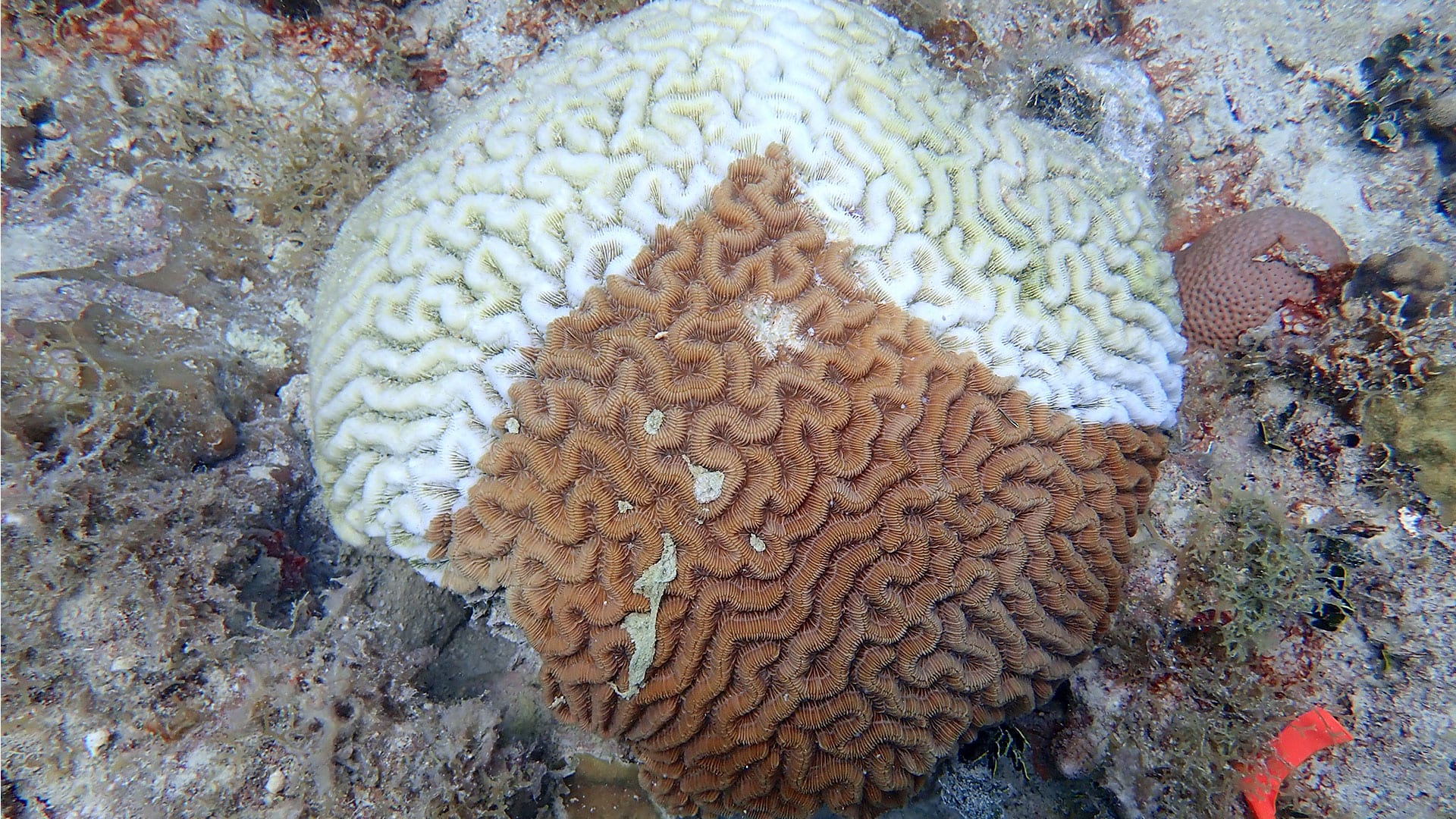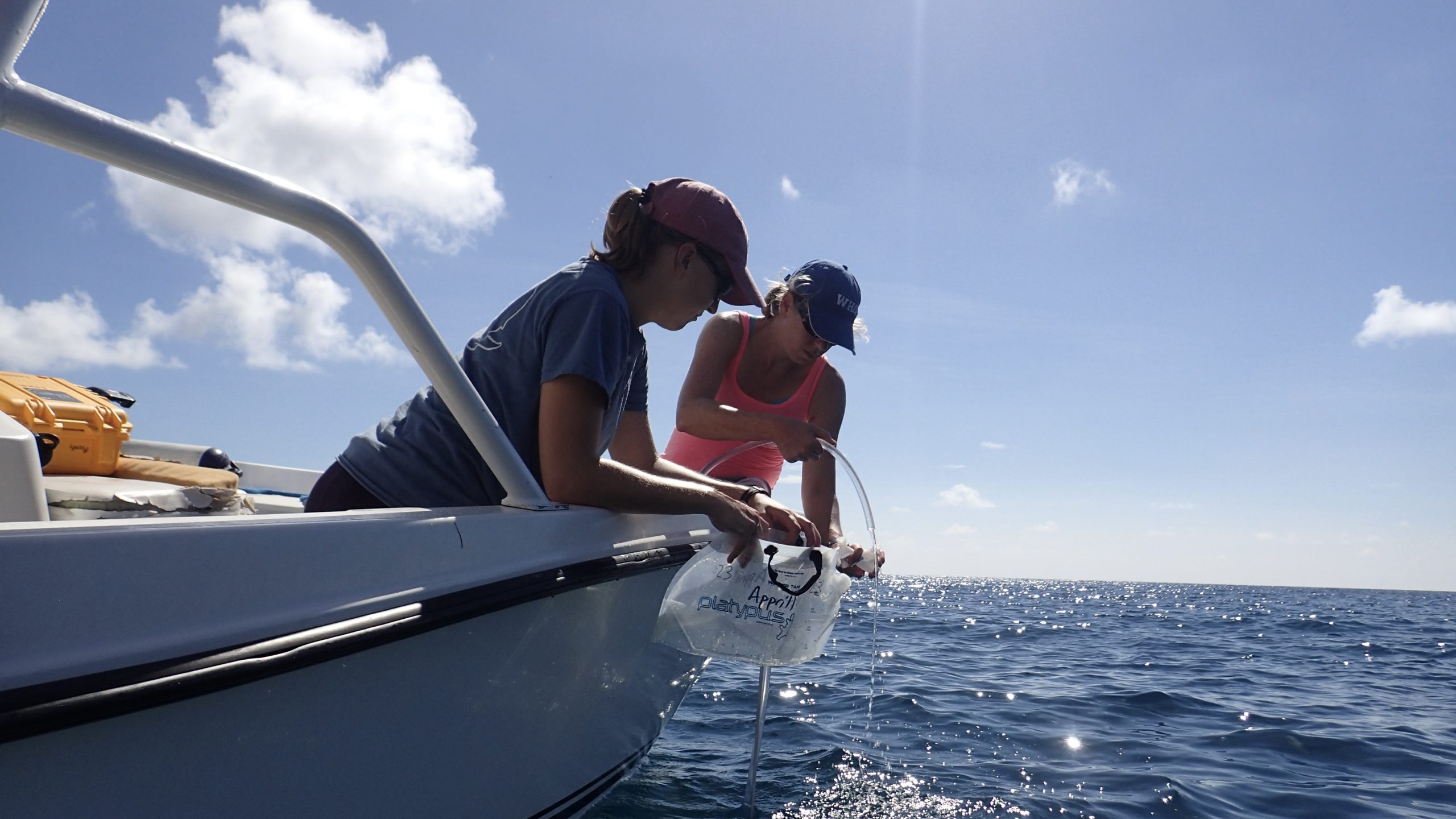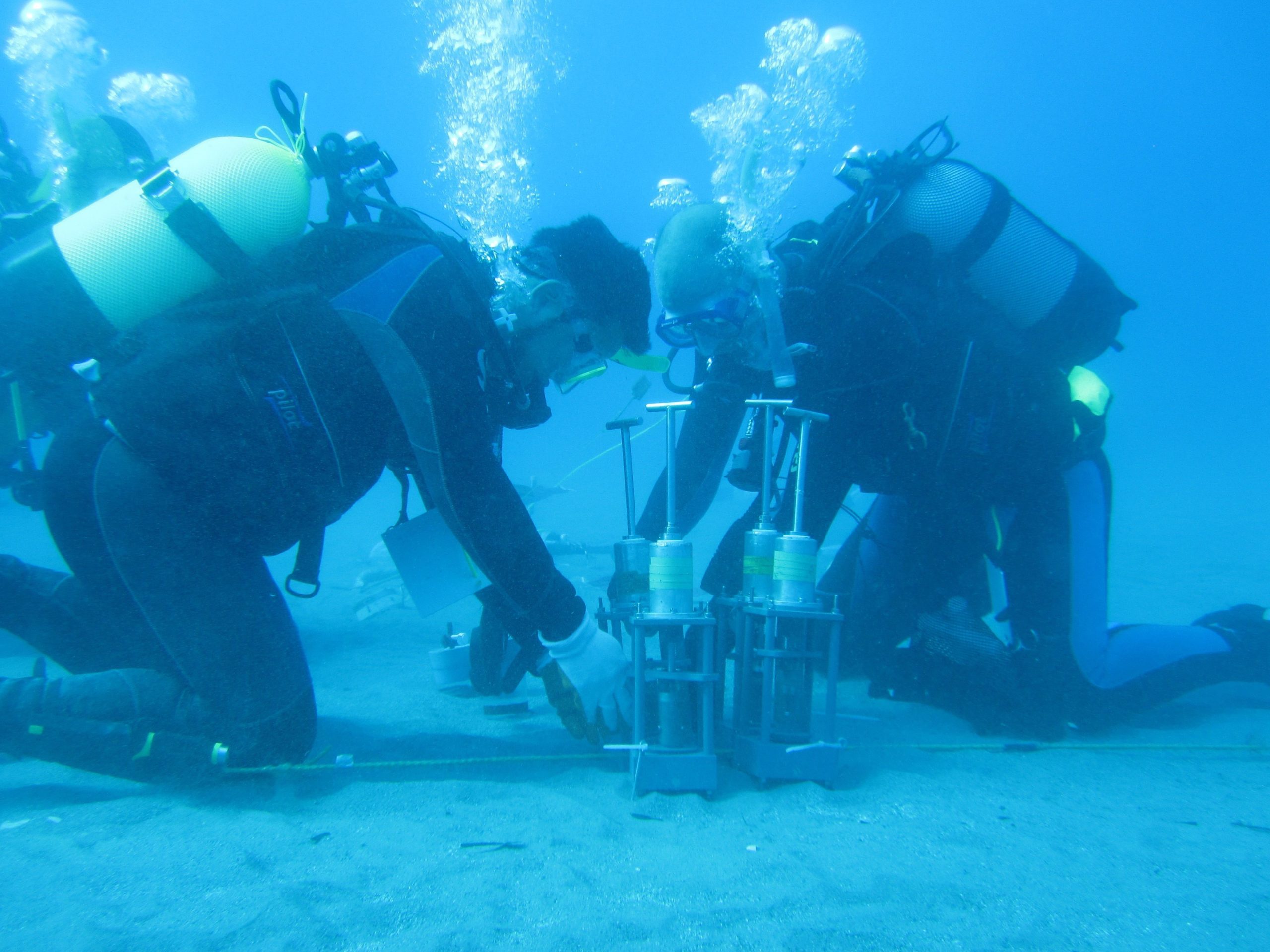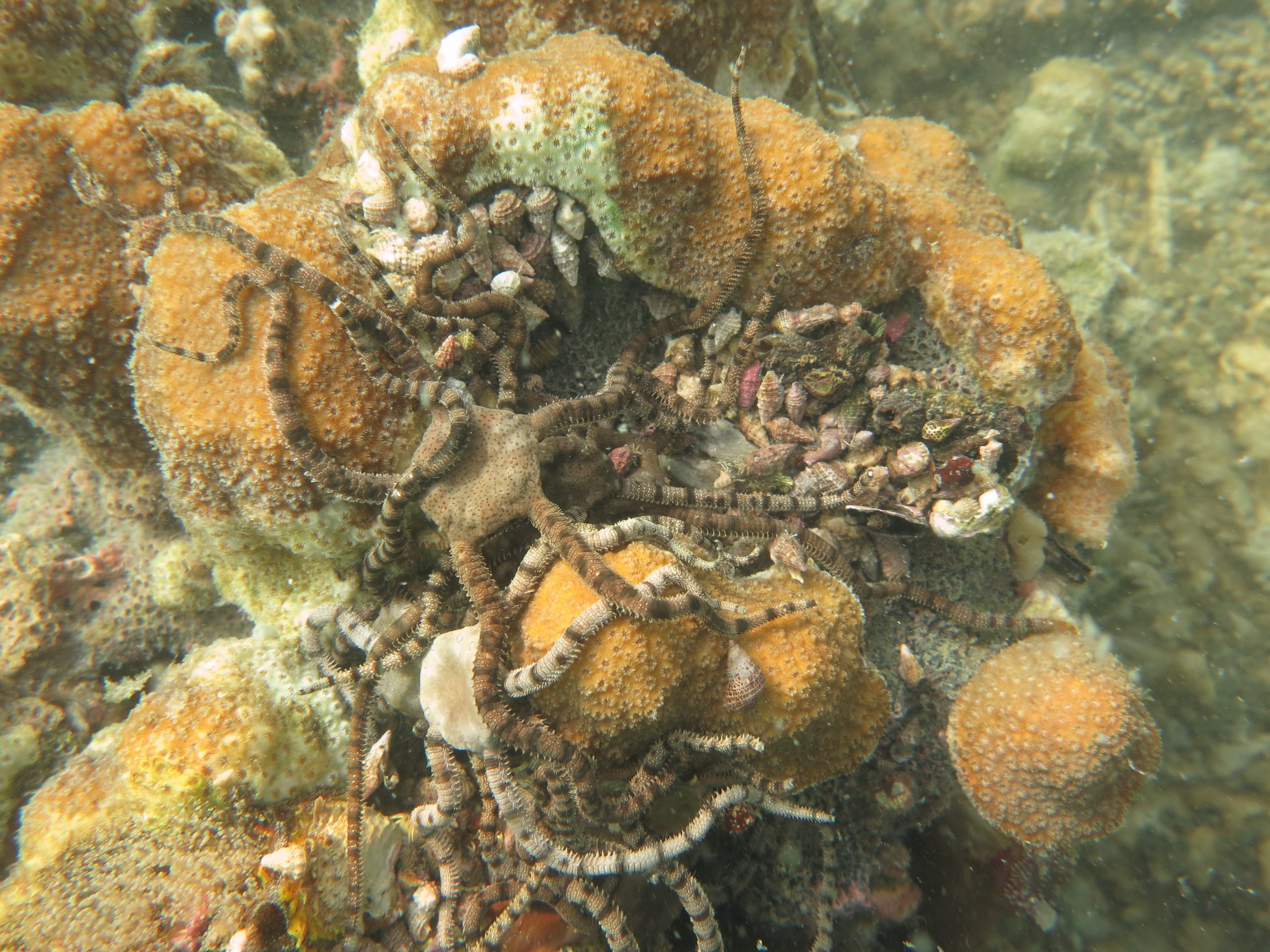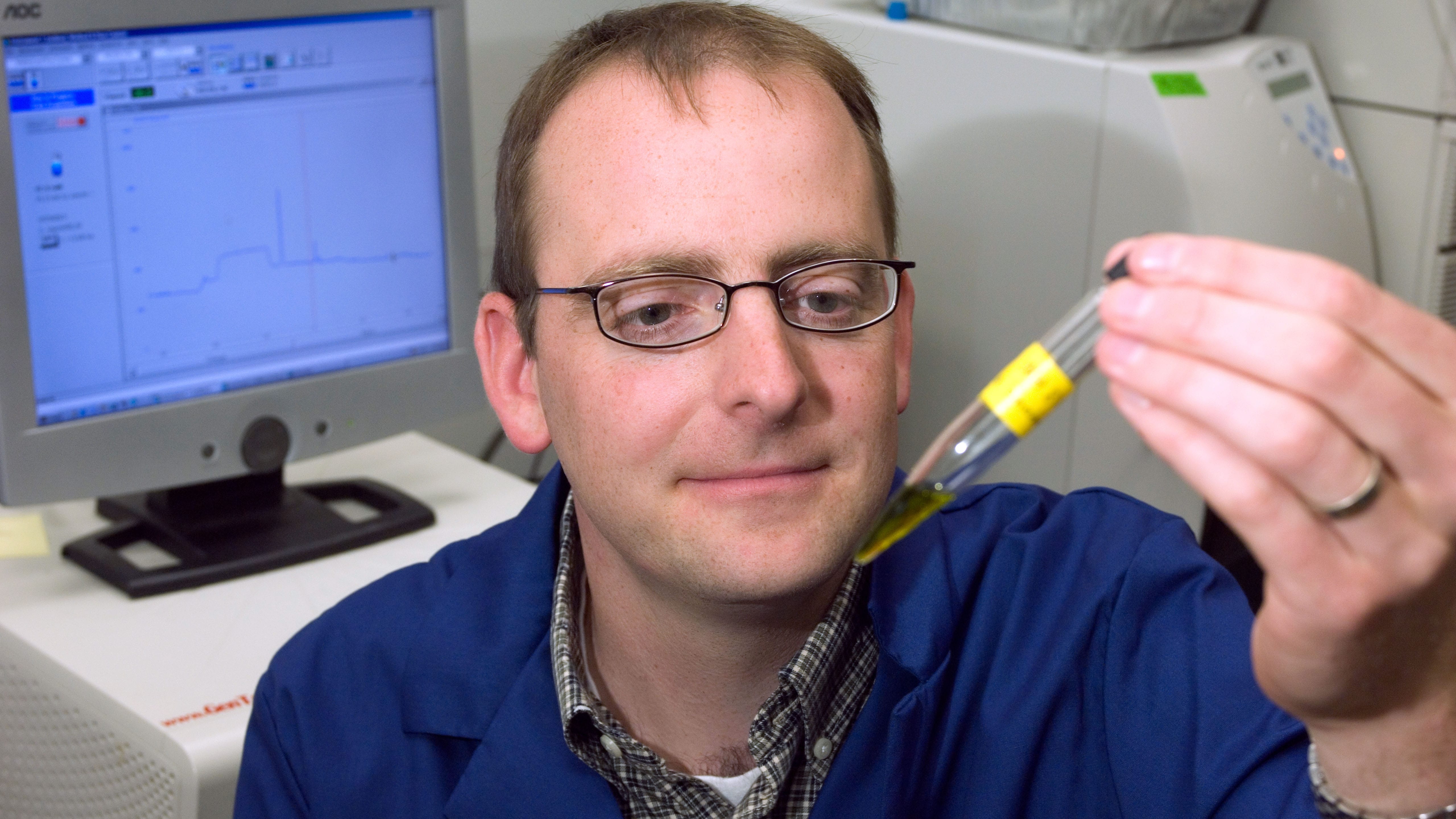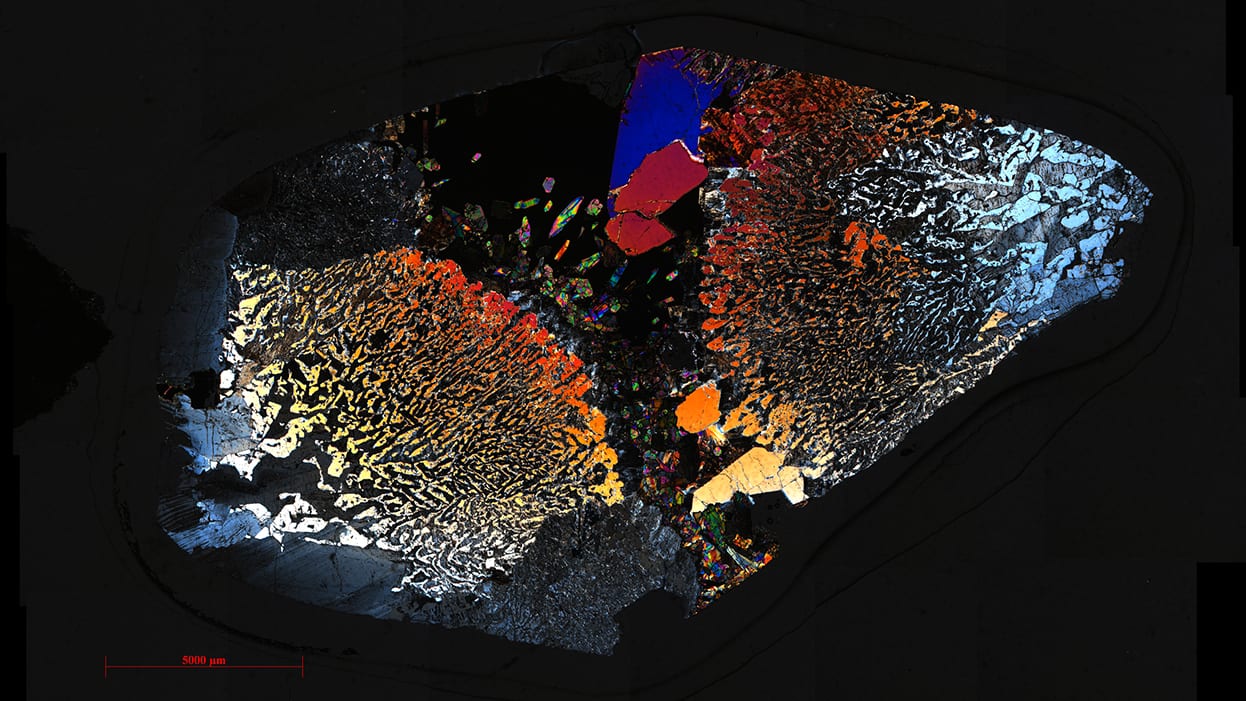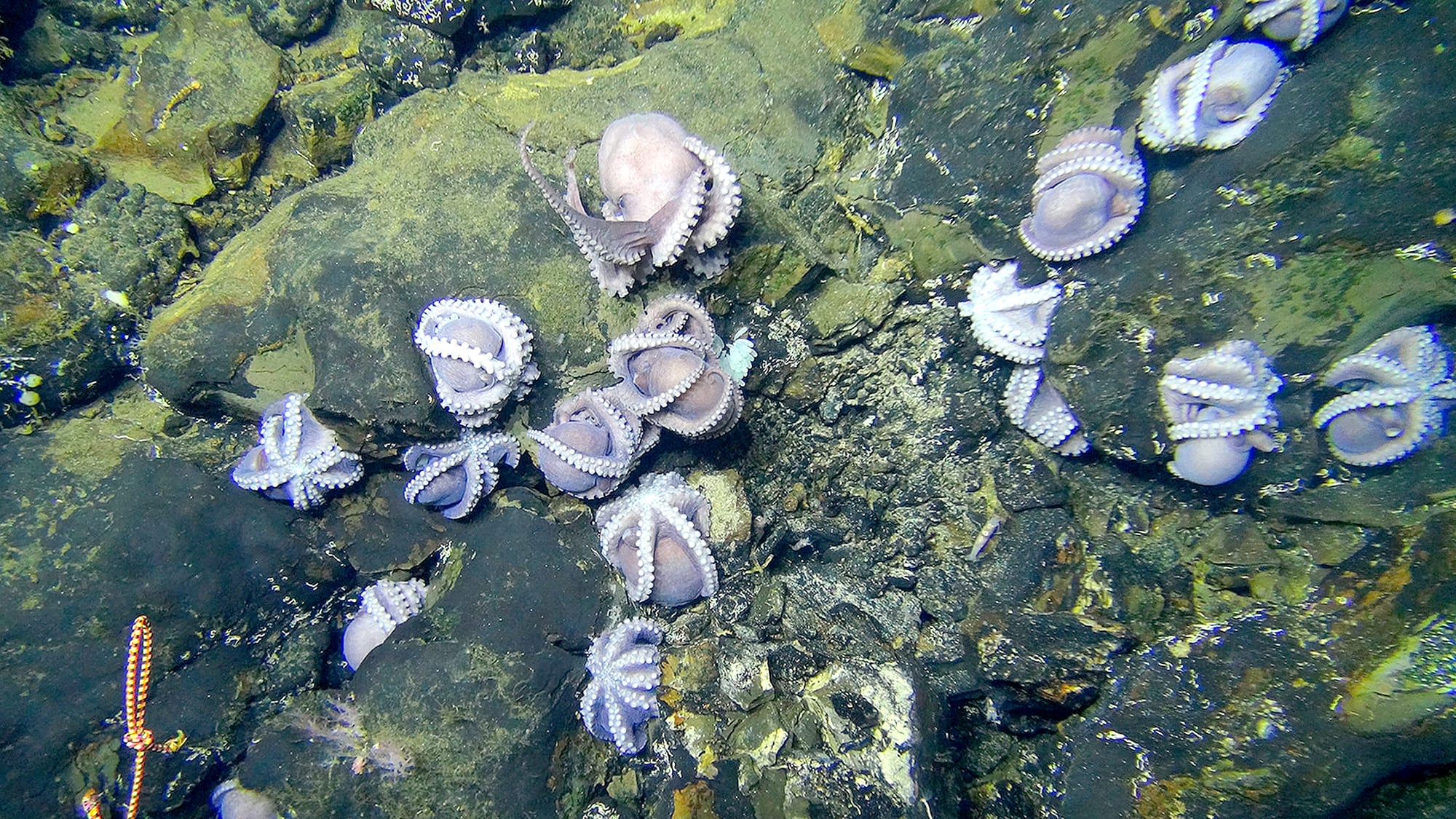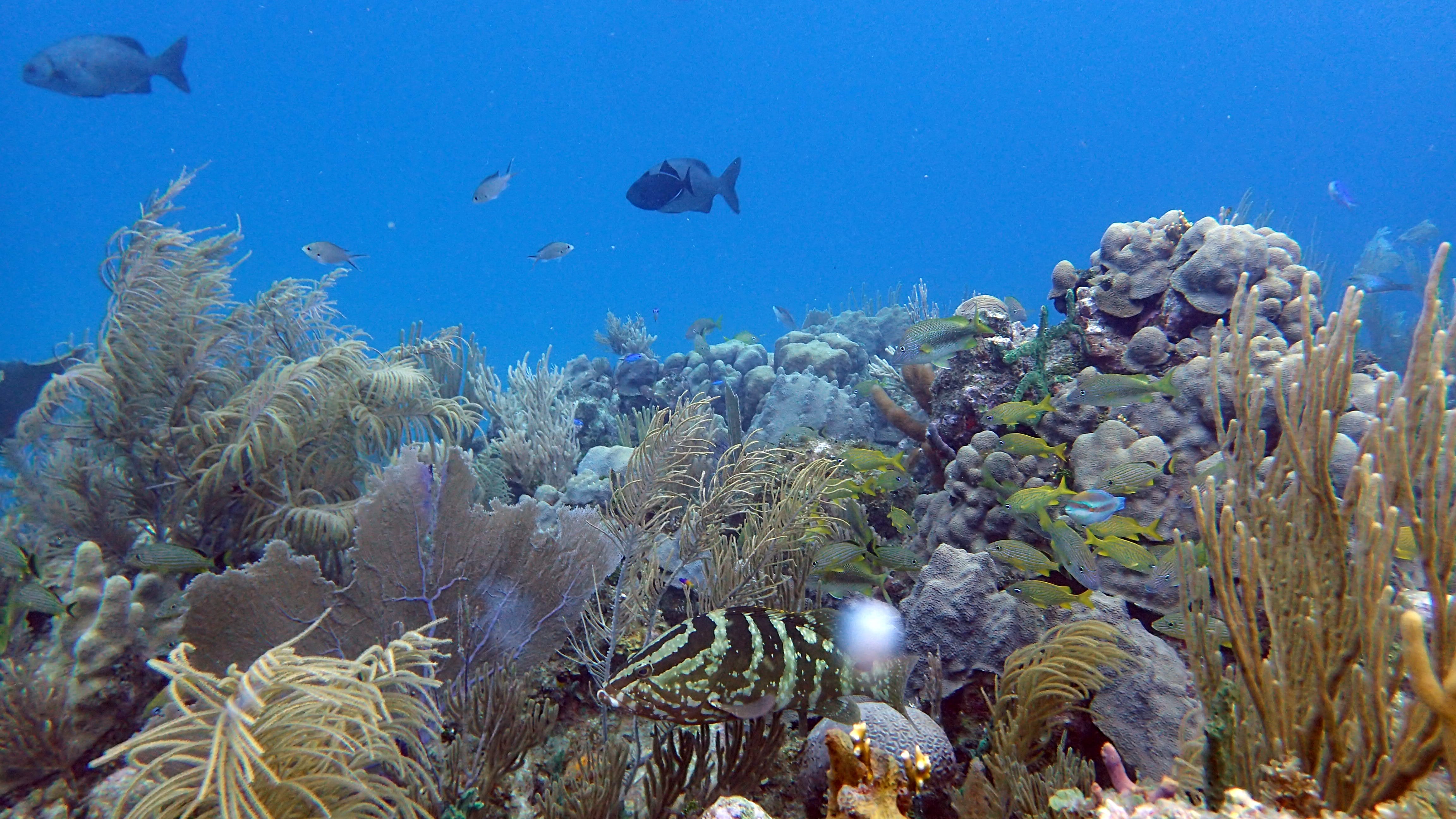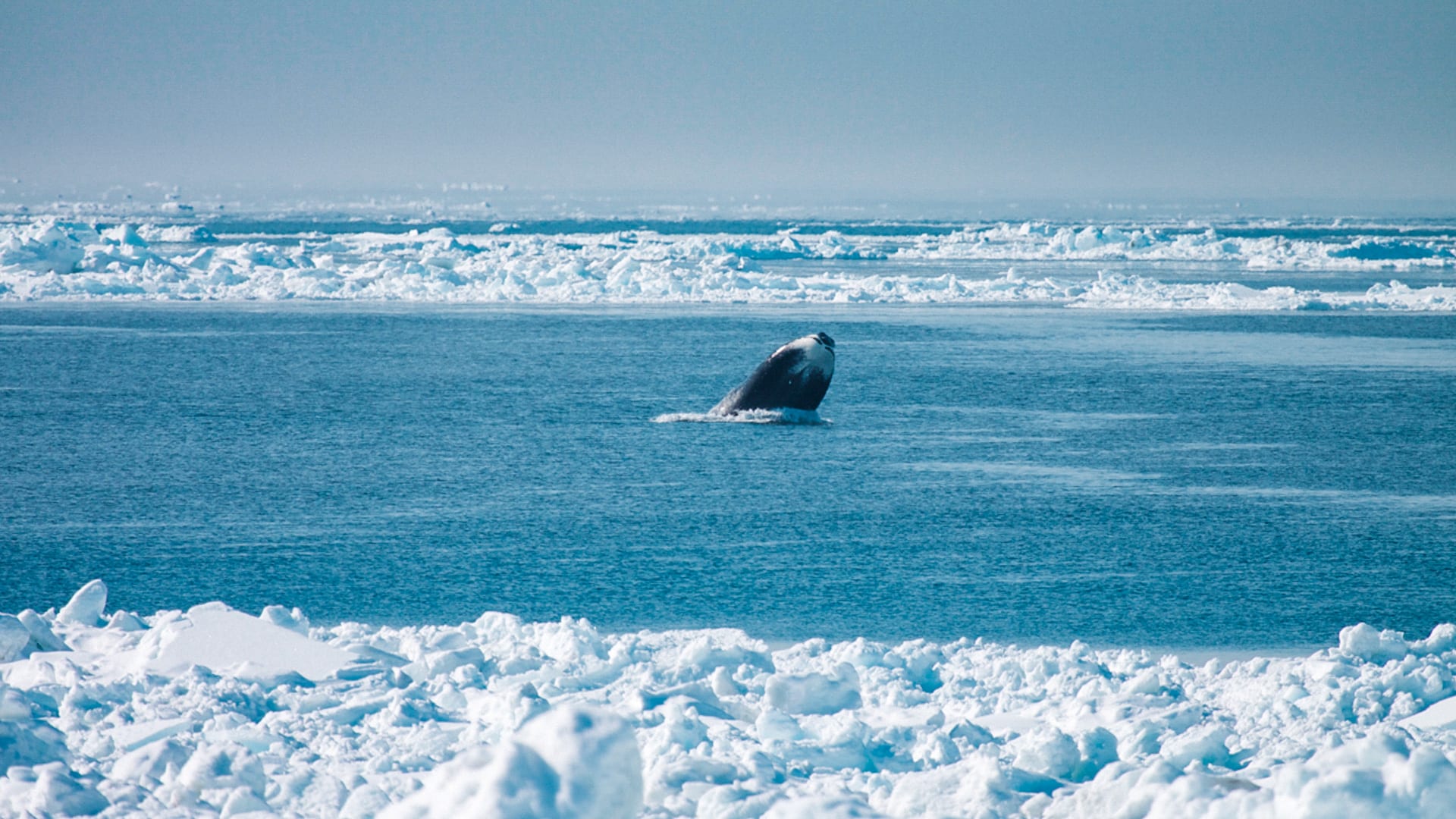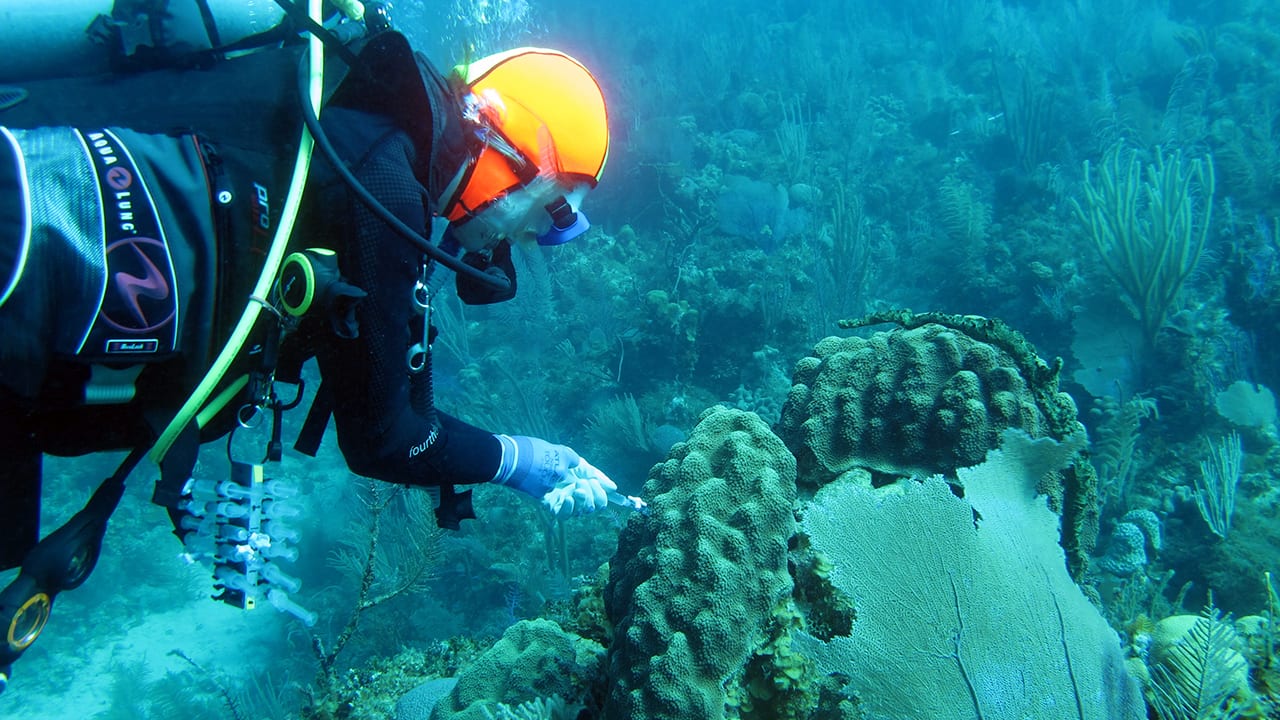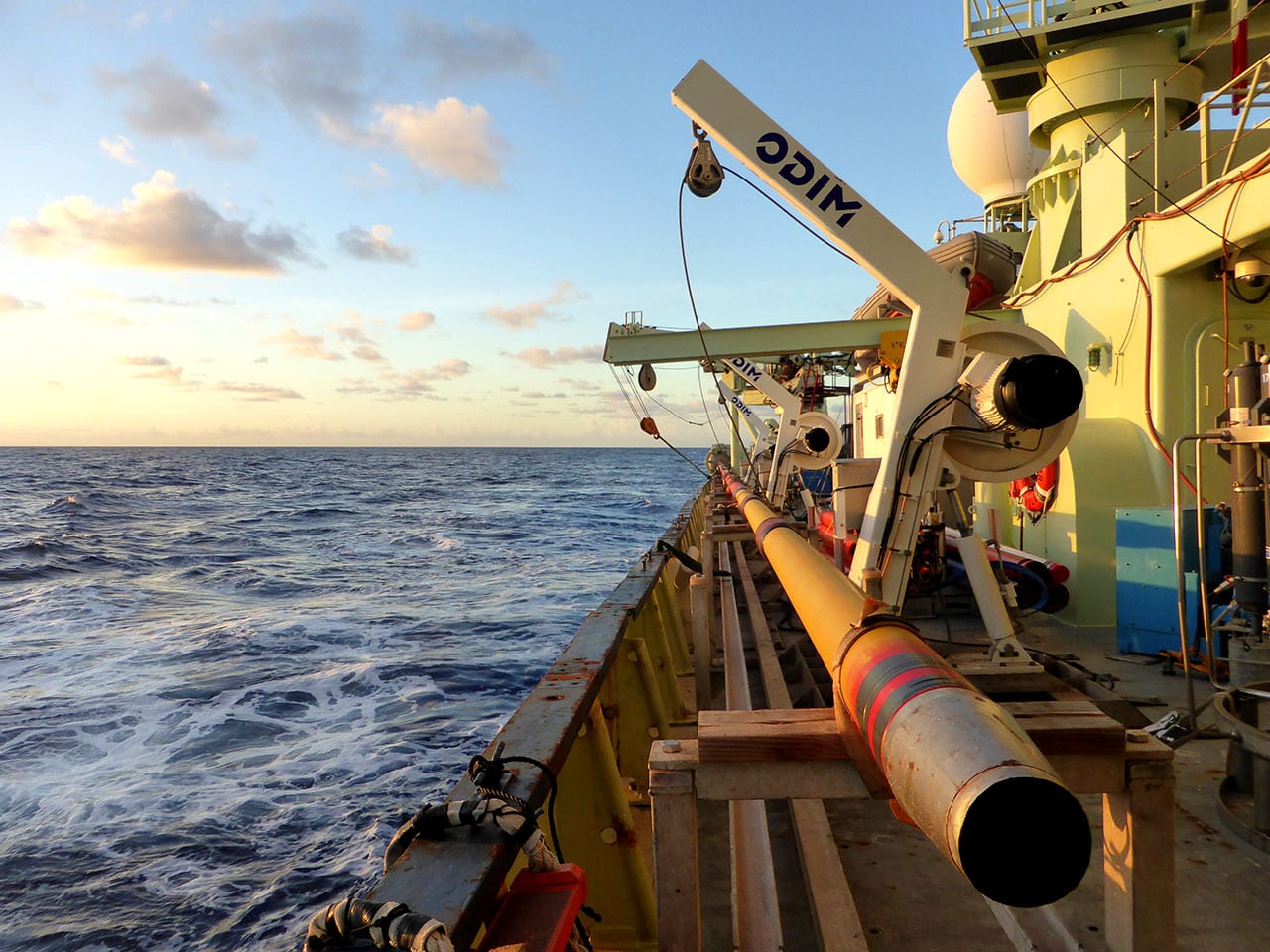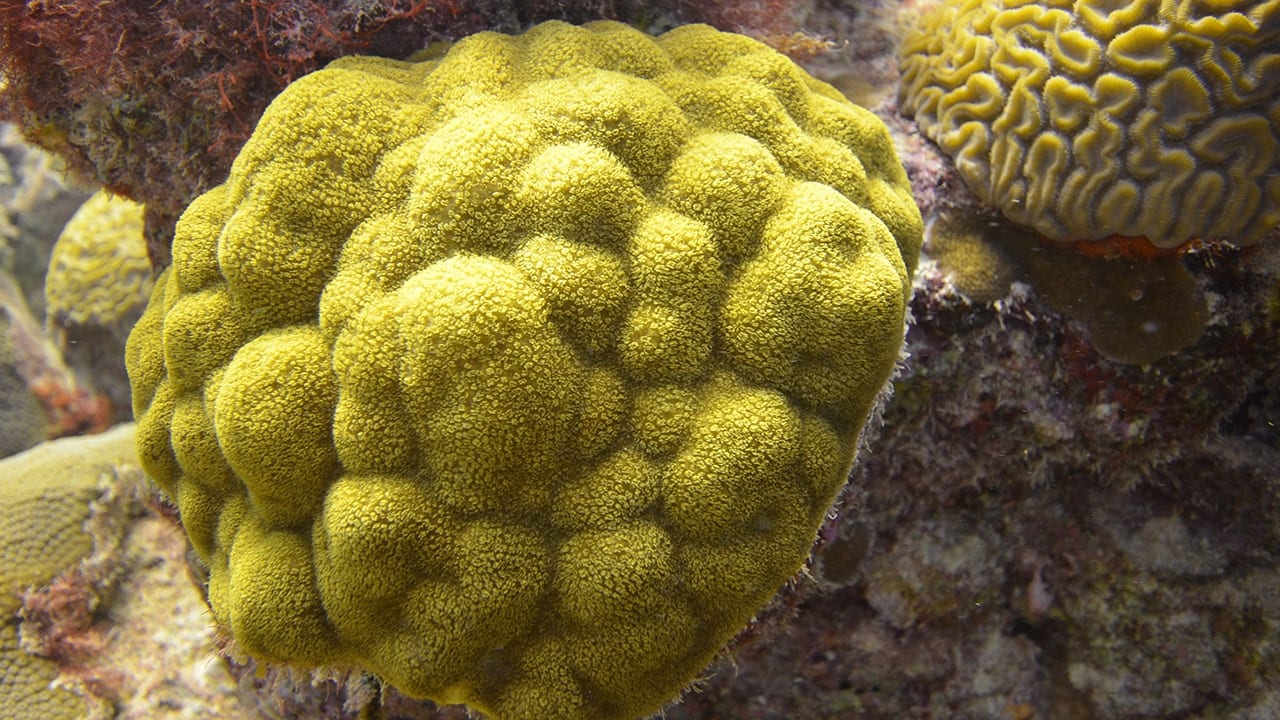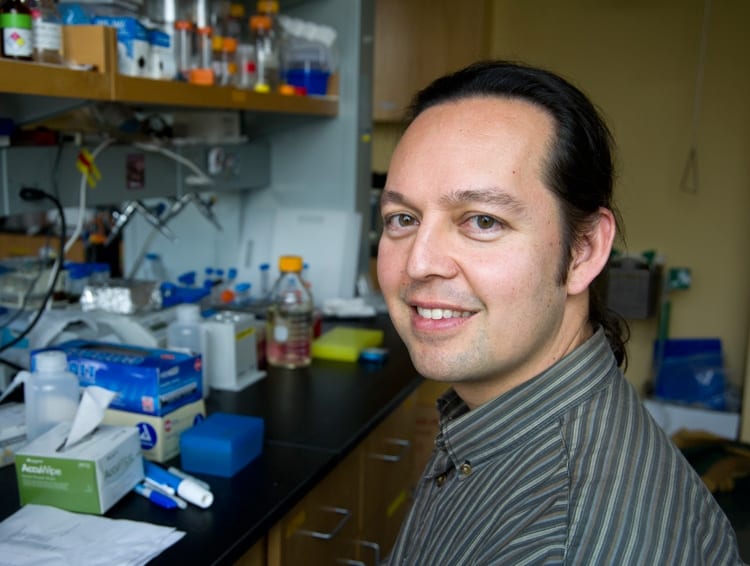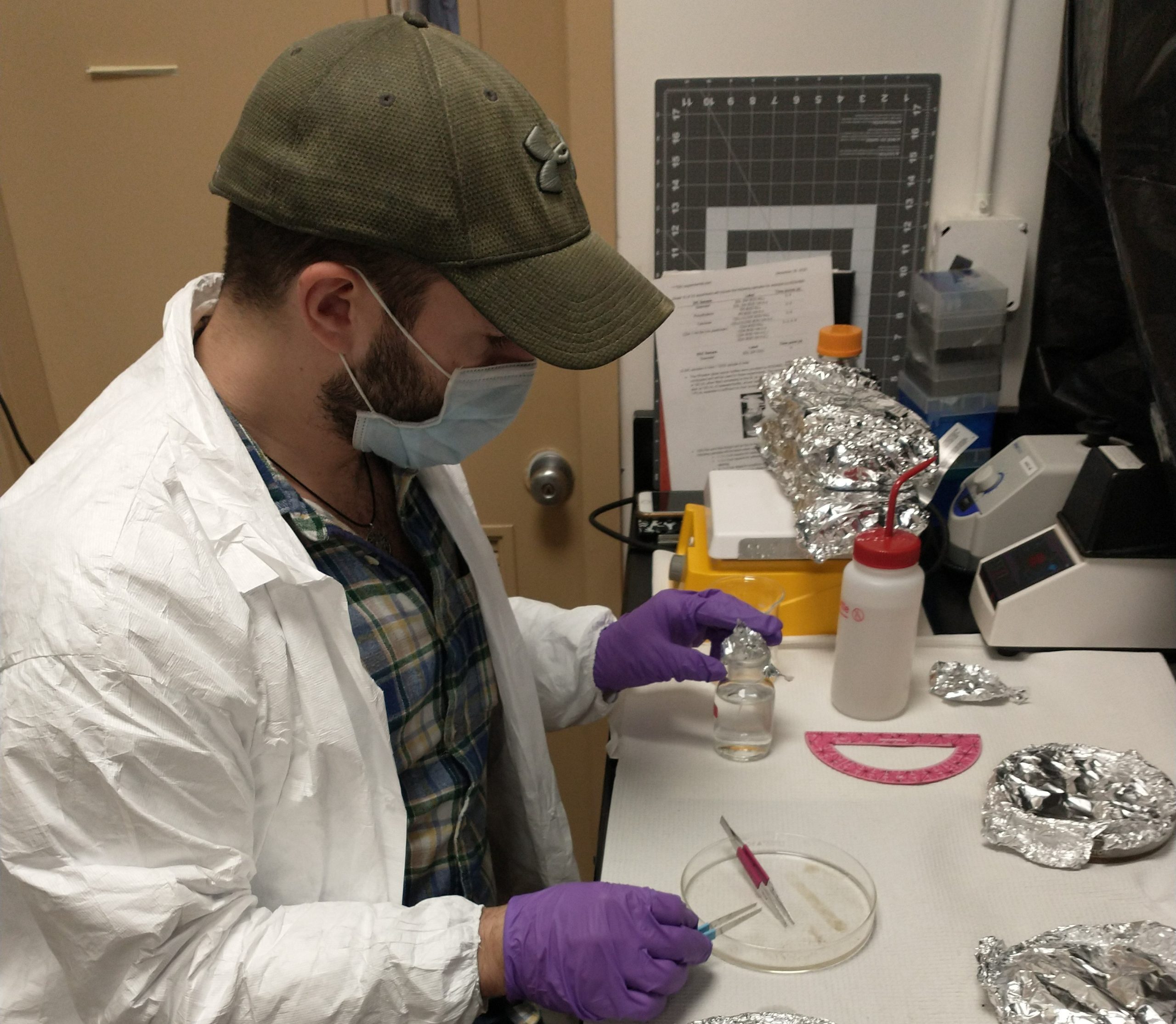News Releases
Seawater microbes offer new, non-invasive way to detect coral disease, WHOI-led study finds
Coral reefs support more than 25 percent of all marine life and underpin the livelihoods of roughly one billion people globally.
Read MoreSeawater microbes are a powerful tool for diagnosing coral reef health and strengthening conservation efforts, according to new paper
Compared to taking visual observations of reef habitats, analyzing water microbes provides a more immediate picture of health.
Read MoreFluid Flow Stimulates Chemosynthesis in a Greek Salad of Hydrothermal Microbes
A new study uses an innovative approach to examine the bay’s shallow-water hydrothermal system and the production of microbes there in situ and near natural conditions as a model to assess the importance of hydrothermal fluid circulation on chemosynthesis.
Read MoreWhat happens to marine life when oxygen is scarce?
A new study co-led by WHOI postdoctoral scholar Maggie Johnson looks closely at the changes occurring in both coral reef and microbial communities near Bocas del Toro during sudden hypoxic events, which occur when there is little to no oxygen in a given area of water.
Read MoreWHOI receives $2.7M from Simons Foundation to study nutrients, microbes that fuel ocean food web
The Simons Foundation has awarded Woods Hole Oceanographic Institution (WHOI) scientists Dan Repeta and Benjamin Van Mooy two grants totaling $2.7 million to study key processes that help fuel the…
Read MoreMicrobes far beneath the seafloor rely on recycling to survive
Scientists from Woods Hole Oceanographic Institution and colleagues reveal how microorganisms could survive in rocks nestled thousands of feet beneath the ocean floor in the lower oceanic crust.
Read MoreStudy weighs deep-sea mining’s impact on microbes
The essential roles that microbes play in deep-sea ecosystems are at risk from the potential environmental impacts of mining, according to a new paper. The study reviews what is known about microbes in these environments and assesses how mining could impact their important environmental roles.
Read MoreHow microbes reflect the health of coral reefs
A collaborative study compared seawater from 25 reefs in Cuba and the U.S. Florida Keys varying in human impact and protection, and found that those with higher microbial diversity and lower concentrations of nutrients and organic carbon—primarily caused by human activities—were markedly healthier.
Read MoreWhales may owe their efficient digestion to millions of tiny microbes
A study by researchers at Woods Hole Oceanographic Institution (WHOI) shows that the microbial communities inside whales may play an important role in the digestion of one of the ocean’s most abundant carbon-rich lipids, known as a wax ester.
Read MoreNew Study Finds Distinct Microbes Living Next to Corals
WHOI scientists distinct discover microbes living just a few centimeters from the surface of corals near the southern coast of Cuba. The discovery may yield clues about the ecological functions of microbes, and how they find and infect coral colonies.
Read MoreMicrobes May Act as Gatekeepers of Earth’s Deep Carbon
Two years ago an international team of scientists visited Costa Rica’s subduction zone, where the ocean floor sinks beneath the continent and volcanoes tower above the surface. They wanted to…
Read MoreFor Zombie Microbes, Deep-Sea Buffet is Just Out of Reach
Far below the ocean floor, sediments are teeming with bizarre zombie-like microbes. Although they’re technically alive, they grow in slow motion, and can take decades for a single cell to divide – something their cousins at the surface do in a matter of minutes. A new study from the Woods Hole Oceanographic Institution (WHOI) is beginning to pick apart how they survive by examining their source of food, nearby molecules of organic carbon. The study helps further our understanding of the limitations of life on Earth and could help inform how life might exist on other planets.
Read MoreStudy Reveals Corals’ Influence on Reef Microbes
As they grow, corals are bathed in a sea of marine microbes, such as bacteria, algae, and viruses. While these extremely abundant and tiny microorganisms influence coral communities in a variety of ways, a new study by researchers at the Woods Hole Oceanographic Institution (WHOI), the Bermuda Institute of Ocean Sciences (BIOS) and University of California, Santa Barbara (UCSB) reveals that corals also have an impact on the microbes in waters surrounding them
Read MoreNew Collaborative Effort to Gauge National Marine Biodiversity
Woods Hole Oceanographic Institution (WHOI) researchers are part of a collaborative effort to understand and monitor changes in marine biodiversity within U.S. coastal waters. Marine biodiversity is a key indicator of ocean health and critical to sustaining natural resources such as fisheries.
Read MoreFirst global atlas of marine plankton reveals remarkable underwater world
Under the microscope, they look like they could be from another planet, but these microscopic organisms inhabit the depths of our oceans in nearly infinite numbers. To begin to identify…
Read MoreScientists Discover Thriving Colonies of Microbes in Ocean ‘Plastisphere’
Scientists have discovered a diverse multitude of microbes colonizing and thriving on flecks of plastic that have polluted the oceans—a vast new human-made flotilla of microbial communities that they have…
Read MoreWHOI Research Projects Awarded $5.2 M to Support Marine Microbial Research
There are more microbes in a bucket of seawater than there are people on Earth. Despite their abundance, humans are only just beginning to fathom the complex role marine microbes…
Read MoreWHOI Scientist Receives Gordon and Betty Moore Foundation Marine Microbiology Initiative Investigator Award
Mak Saito, a biogeochemist at Woods Hole Oceanographic Institution, has been selected for a Marine Microbiology Initiative (MMI) investigator award by the Gordon and Betty Moore Foundation. Saito is one…
Read MoreA ‘B-12 Shot’ for Marine Algae?
Studying algal cultures and seawater samples from the Southern Ocean off Antarctica, a team of researchers from Woods Hole Oceanographic Institution (WHOI) and the J. Craig Venter Institute have revealed a key cog in the biochemical machinery that allows marine algae at the base of the oceanic food chain to thrive. They have discovered a previously unknown protein in algae that grabs an essential but scarce nutrient out of seawater, vitamin B12.
Read MoreWHOI Study Reports Microbes Consumed Oil in Gulf Slick at Unexpected Rates
In the first published study to explain the role of microbes in breaking down the oil slick on the surface of the Gulf of Mexico, Woods Hole Oceanographic Institution (WHOI) researchers have come up with answers that represent both surprisingly good news and a head-scratching mystery.
Read MoreMystery Solved: Marine Microbe Is Source of Rare Nutrient
A new study of microscopic marine microbes, called phytoplankton, by researchers at Woods Hole Oceanographic Institution (WHOI) and the University of South Carolina has solved a ten-year-old mystery about the…
Read MoreStudy Reveals Microbes Dine on Thousands of Compounds in Oil
Thousands of feet below the bottom of the sea, off the shores of Santa Barbara, CA, single-celled organisms are busy feasting on oil. Until now, nobody knew how many oily…
Read MoreNew Marine Mammal Center Formed at Woods Hole Oceanographic Institution
The Woods Hole Oceanographic Institution (WHOI) has announced the formation of a new center for marine mammal research and conservation studies. The center combines scientific expertise, state-of-the-art facilities, and technological…
Read MoreStudy finds bio-based cellulose acetate plastic used in consumer goods disintegrates in ocean much faster than assumed
Woods Hole, MA — Cellulose diacetate (CDA), a bio-based plastic widely used in consumer goods, disintegrates, and degrades in the ocean far quicker than previously assumed, according to a new…
Read More
